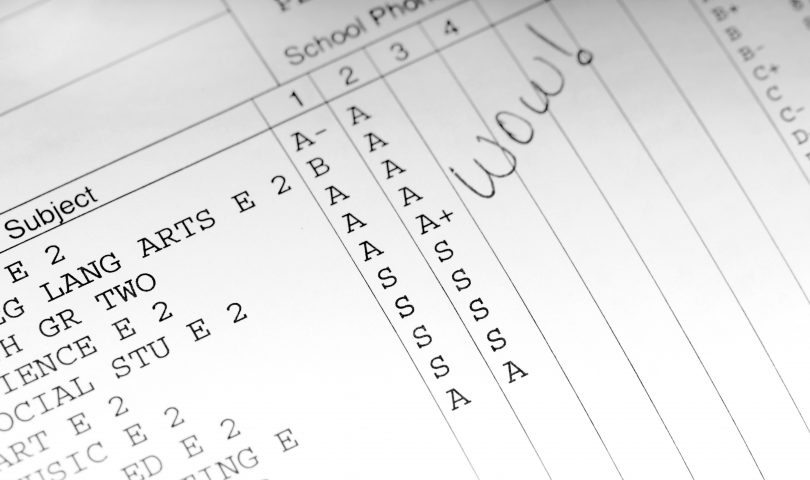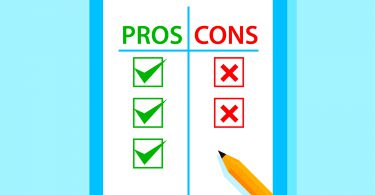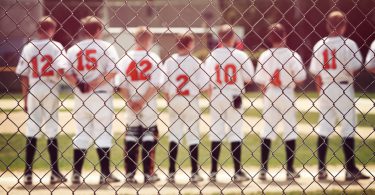As early as 9th grade, student-athletes are making decisions that can impact where they are able to play college baseball. It may seem unfair, but your grades as a 9th grader are just as important from an eligibility perspective as the grades you receive your senior year of high school. Not only are your grades and GPA important, but the classes you choose to take starting in 9th grade can also have a major impact on your initial eligibility status and where you are able to play college baseball.
Each governing body of college baseball establishes its own criteria for eligibility (core courses, GPA, standardized test score, and graduation requirements) and eligibility requirements are different for each division or level. To simplify things and make sure you have access to the resources you need to understand eligibility, we’ve created Eligibility 101. Below you’ll find a breakdown of the different eligibility criteria for each level and division as well as other important resources. Note: The best and most up-to-date source of information is always available on the websites of each governing body.
NCAA
The NCAA has the most strict eligibility requirements of any level of college baseball. As the NCAA states in their NCAA Prospect Eligibility Guide, “Initial-eligibility standards help ensure you are prepared to succeed in the first year of college. The eligibility process also protects the fairness and integrity of college sports by ensuring student-athletes are amateurs.”
If you think you might want to play college baseball at a Division I or Division II school, the NCAA Eligibility Center must certify you as eligible. The certification process involves creating an account and providing the necessary academic and amateurism documentation. The requirements for each division are listed below and more information is provided on the NCAA Eligibility Center website, linked above. For student-athletes enrolling during the 2021-2022, SAT/ACT requirements have been waved due to COVID-19. You can read more about COVID-19 related changes to initial eligibility for D1 and D2 here.
D1 Requirements (Most difficult):
Amateur certification and…
- 4 Years of English
- 3 Years of Math
- 2 Years of Natural/Physical Science
- 2 Years of Social Science
- 1 Additional Year of English, Math, or Natural/Physical Science
- Additional Academic Courses (4 years required)
- 10 Core Courses completed prior to start of 7th semester and 7 of 10 must be combination of Math, English, or Natural/Physical Science
- Core Course GPA must be 2.3 or above with matching test scores on NCAA Sliding Scale to be eligible to play as a freshman or 2.0-2.3 to be eligible for a redshirt freshman year
It’s important that you double check to makes sure your core courses are NCAA approved. You can check your courses here, and should do it anytime you start taking a new class. For more on the NCAA D1 requirements, visit the NCAA website here or use the D1 Academic Requirements Cheat Sheet.
Resources: D1 Initial Academic Eligibility Requirements 2018-19 and 2018-19 NCAA Guide for the College Bound Student Athlete
D2 Requirements:
Amateur certification and…
- 3 Years of English
- 2 Years of Math (Algebra 1 or higher)
- 2 Years of Natural/Physical Science
- 2 Years of Social Science
- 3 Additional Year of English, Math, or Natural/Physical Science
- Additional Academic Courses (4 years)
- Core Course GPA must be 2.2 or higher with matching test scores on NCAA Sliding Scale (see COVID-19 related changes on standardized tests above) to be eligible to play as a freshman.
It’s important that you double check to makes sure your core courses are NCAA approved. You can check your courses here, and should do it anytime you start taking a new class. For more on NCAA Division II eligibility, visit the NCAA website here.
Resources: D2 Initial Academic Eligibility Requirements and NCAA Guide for the College Bound Student Athlete
D3 Requirements:
Division III schools set their own admissions and eligibility requirements. Accordingly, if you plan to play D3 baseball, you do not need to register with the NCAA Eligibility center. For more information on Division III eligibility, visit the NCAA website here.
NAIA
Due to COVID-19, all incoming players for the 2021-2022 school year will be eligible if they have a 2.0 GPA or higher on a 4 point scale, as noted on the NAIA website HERE.
Typically, in order to meet academic eligibility requirements for NAIA, graduating high school players must meet 2 of the following 3 criteria as outlined on the NAIA Eligibility website:
- Have a total GPA of 2.0 or above on a 4.0 scale
- Score the required composite ACT score (16 if taken prior to April 30, 2019 or an 18 if taken after that date) OR score the required 2-part (Math & Evidence Based Reading and Writing) SAT Score (860 if taken prior prior to April 30, 2019 or a 970 if taken after that date)
- Graduate in the top 50% of their class
The NAIA handbook also states, “All students participating in intercollegiate athletics must be admitted to member institutions under admission standards that are equal to or higher than those applied to the general student body of that institution.” One unique aspect about NAIA eligibility is if students meet certain academic requirements at certain points during high school, they may receive eligibility status for NAIA competition before graduating.
For a complete guide to NAIA eligibility, visit their eligibility website here.
Community College Baseball (JUCO)
The sole eligibility requirement for participation in most community college baseball divisions, including all three NJCAA levels and the California Community College Athletic Association is graduating from high school, receiving a GED, or passing a state high school equivalency test. For up-to-date information on community college requirements, check with each governing body directly.







